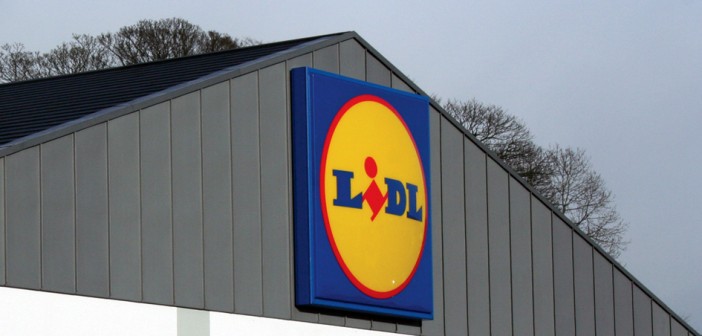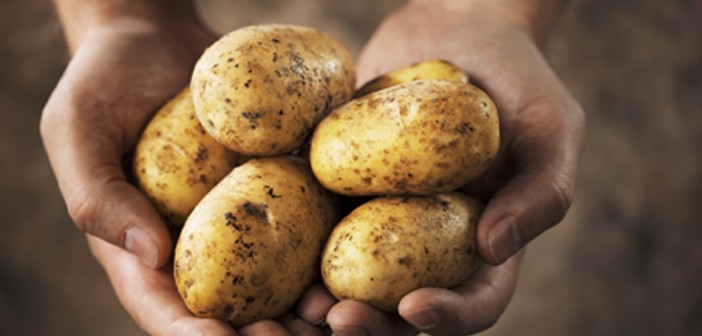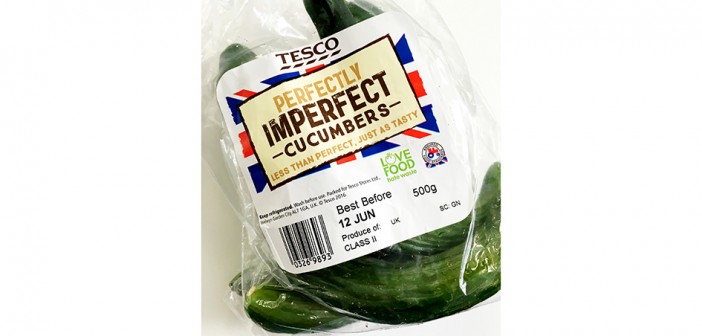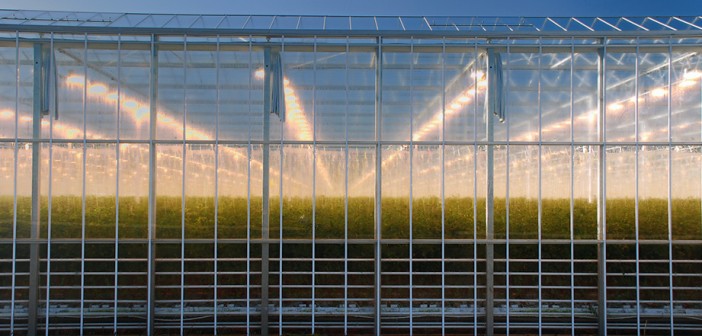A new research project by the Dutch fruit growers association (NFO) and Wageningen UR aims to investigate why some orchards have lots of the invertebrates while others have far fewer.
“Apple and pear farmers obviously want lots of earwigs in their orchards,” says Herman Helsen, entomologist and leader of the project. “They are extremely useful against problems such as the woolly apple aphid and pear psylla.”
The earwig is one of the few insects that provides parental care. In autumn the adult insects go into the soil to overwinter. In the early spring they build an underground nest where the female protects and cares for the eggs. Once the young have reached the third ‘nymph stage’, they head into the plants, where they feed on insects, fungi or algae.
However, Herman explains that it is not currently known what the youngest earwigs eat in the nest. DNA analysis of stomach contents will be used to answer this question.
Wageningen UR and the NFO recently received a grant from the Top Sector Horticulture and Starting Materials for a new research project. The main question is what is the difference between an orchard with few earwigs and one with many? If it proves to be the availability of food for young earwigs, it may be possible to stimulate the number of earwigs by improving the conditions in the orchard.
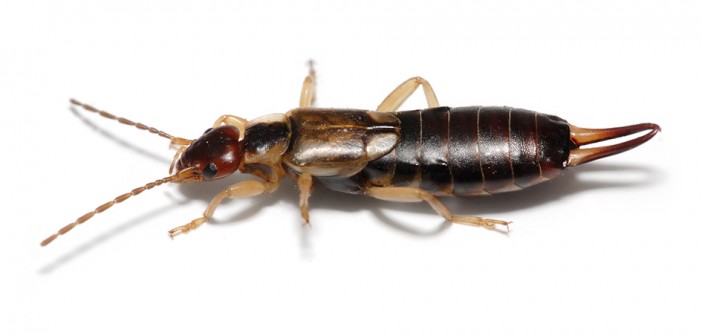
Photo Credit: Wikipedia
The post Increasing earwigs in orchard for IPM appeared first on Hort News on 24 June 2016.
